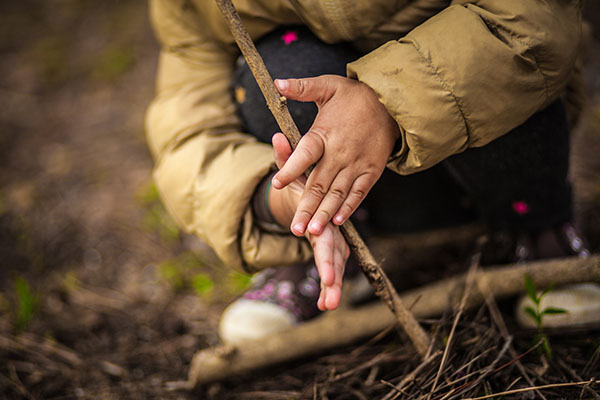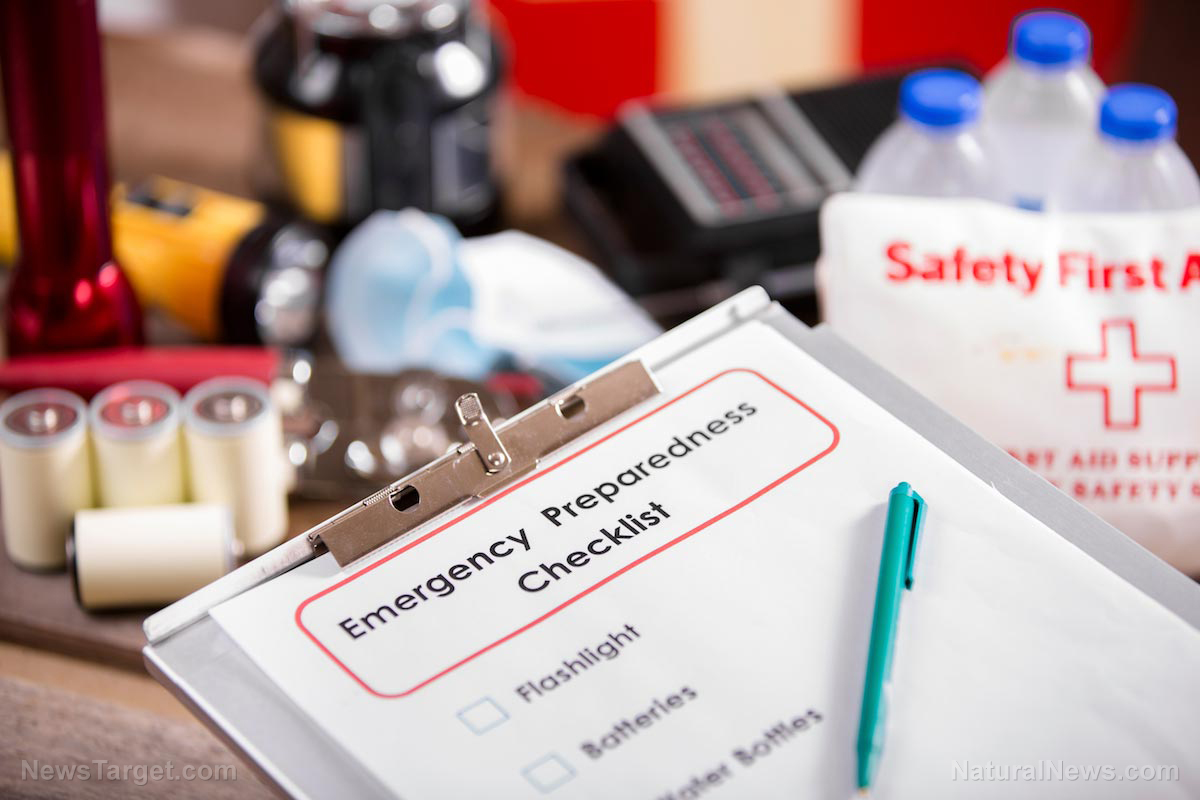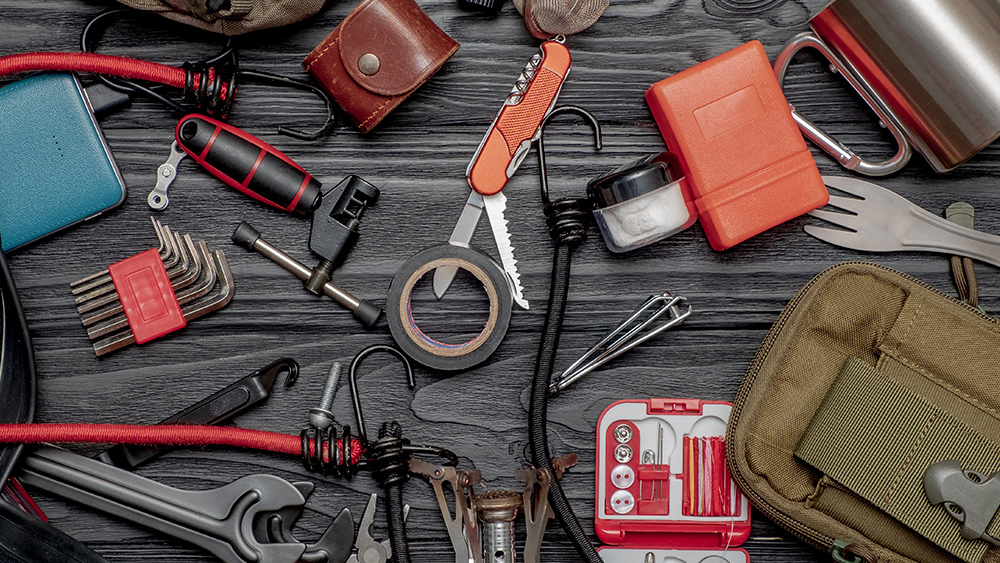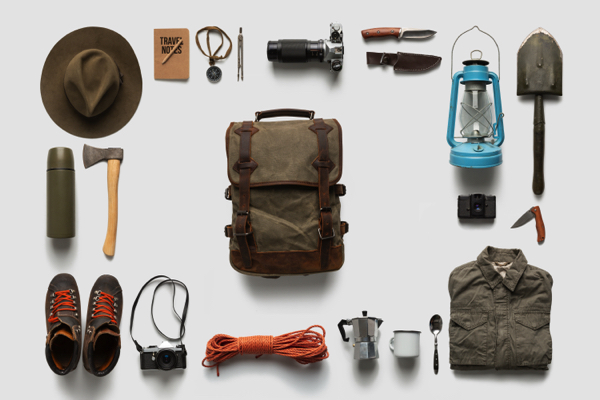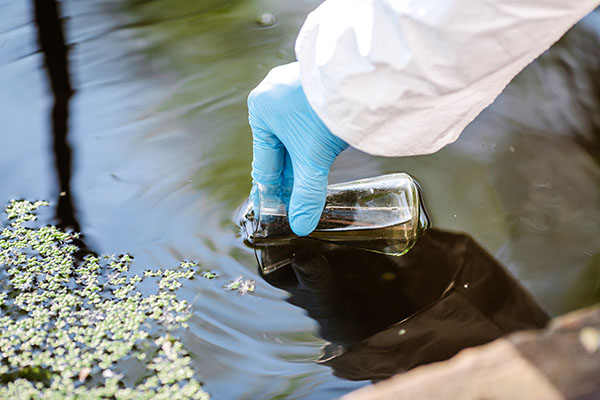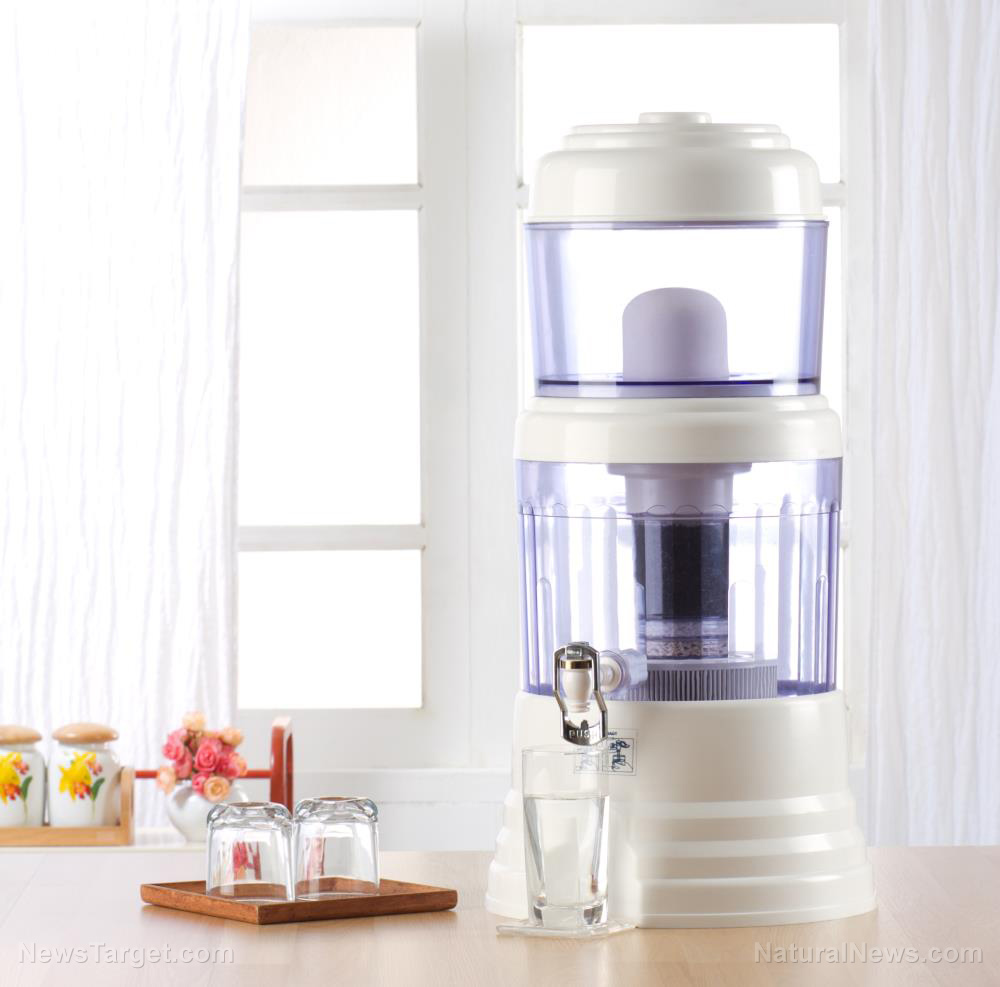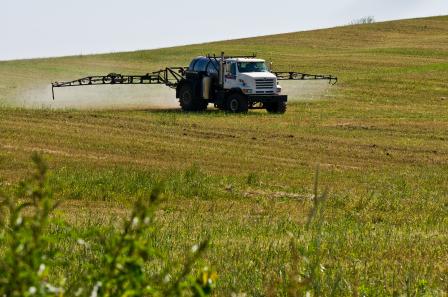Prepper projects: Crafting your own rainwater collection system
10/08/2024 / By HRS Editors
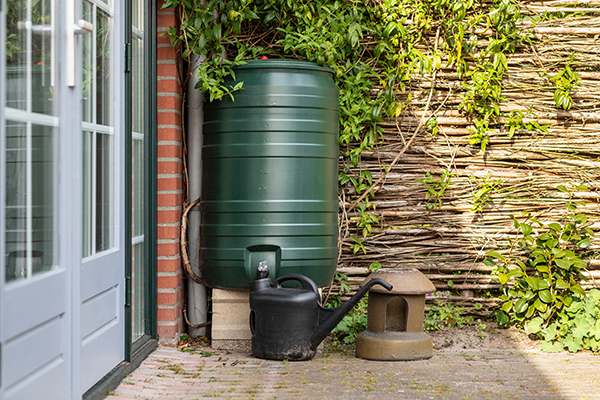
Having a rainwater collection system on your homestead is a great idea if you have a home garden.
It can also provide you with a backup water source if you are worried about water shortage-related emergencies. (h/t to AskAPrepper.com)
Supplies for a rainwater collection system
To build a rainwater collection system, you will need three high density polyethylene (HDPE) 55-gallon barrels. HDPE barrels are ideal because they will resist UV rays and slow algae growth.
Clean the barrels before you get started. If the barrels have a buttress thread, they will require a special adapter to connect to the common ABS fittings. Here is a complete list of needed supplies:
- 3 55-gallon HDPE barrels
- Pipe Thread Sealant
- Buttress thread adapter to 2? NPT Male (6 pieces)
- 2 in. ABS DWV male adapter (6 pieces)
- 2” ABS long 90-degree elbow (5 pieces) + 2” ABS short 90-degree elbow (1 piece)
- 2” ABS WYE or Tee fitting (1 piece) + 2” x 4” ABS Coupler (1 piece)
- 2” ABS pipe; ABS Cement
- 4”x4” x 8ft Treated lumber (6 pieces) + 2”x4” x 6ft Treated lumber (2 pieces)
- 3.5” x 0.25” Aluminum Angle (16 pieces)
- ¼” Lag Bolts and Washers (Use stainless ones for the feet)
- Flexible downspout (2 pieces) + Extra downspout
- PVC adapters and spigot
Constructing the rainwater collection system
Lay out two lengths of the 4×4 and figure out the spacing so you can still remove the barrels and be able to place a bucket under the spigot.
Cut the 4x4s to 23″ long and space them 24″ apart with the bottom level measuring 16″ above the ground. The 4x4s should be running parallel to the barrels that are cut to 27.25″ long. (Related: Prepper essentials: Tips for setting up a rainwater collection system.)
Since each barrel can hold at least 450 lbs. of water, get a local metal supplier to cut 16 pieces of 3.5″x3.5″x 0.25″ aluminum angle at 3.25″ long to serve as brackets. Carefully drill six holes in each big enough to fit the ¼” lag bolts.
Get four pieces of 0.25″ thick stainless steel tread plate measuring 8″x8″ and 16 pieces of 2″x2″ x 0.125″ angle at the metal store to weld up the feet for the system. Doing this will help keep the four posts from sitting in the mud on wet days and provide a better footing for the nearly 1,500 lbs. of maximum water storage.
Prevent the barrels from rolling and putting extra stress on the ABS fittings by cutting 12 pieces of 2x4s with a 45-degree bevel on one end at 7.5″ long. Add two 2x4s measuring 34″ across the top for added rigidity.
Plumbing for the rainwater collection system
Add pipe thread sealant to the DWV and mate it with the buttress adapter. The thread sealant is less permanent and would allow you to tighten the fittings if any leaks formed, or when you need to replace a cracked fitting.
Mating these adapters before installing them on the barrels means you won’t overtighten or strip any of the threads.
Dry fit all of the ABS fittings so you can measure and cut the ABS pipe to length.
Clean all the fittings and pipes and glue them together with ABS cement. Follow the manufacturer’s installation guidelines.
The top fill spout combined with the wye (or tee) fitting allows the barrels to fill up and drain any excess back down the drain spout when it rains.
Add a piece of window screen material over the spout to keep out large debris and secure it with a hose clamp. Putting this screen on the very top allows the debris to continually be washed away without having to worry about any filters getting clogged or needing replacement.
Cut the aluminum downspout and add the flexible downspout to divert it to your harvesting system.
Attach a short piece of downspout with a screw to the overflow of the fill spout to feed it back into the original downspout.
If you live in an area with freezing temperatures in the winter, keep in mind that keeping a full system may result in cracked fittings. Drain all but the bottom barrel to avoid having to replace the fittings every year.
The flexible downspouts make it easier to reconnect the downspout to the drain and bypass the barrels in the winter.
Where to get high-quality water filters for your homestead
The Health Ranger Store is here to help you prepare a rainwater collection system at home so you’re prepared for different emergencies.
That’s why we’re proud to introduce the AquaPail Water Filter, a necessary addition to your emergency disaster supplies.
AquaPail is the world’s only Gravity-Fed Emergency Water Filter with “END OF LIFE” testing. This means that the DuraFlo™ Water Filter used in the AquaPail has been tested and certified by top U.S. independent laboratories to establish the water filter’s “End of Life,” or its actual usage capacity.
AquaPail filters do exactly what they say they can do at verified amounts without guessing, false claims or exaggerated quantities without proof.
Aquapails come in 3 sizes:
- Small – 1,100 Gallons = Equivalent of 1 person’s total water needs for 1 year
- Medium – 3,300 Gallons = Equivalent to 3 people’s total water needs for 1 year
- Large – 5,500 Gallons = Equivalent to 5 people’s total water needs for 1 year
Most water filtration systems remove only some of the many dangerous elements from your drinking water, but the AquaPail™ Water Filtration System will remove or deactivate virtually all harmful substances from any non-salt water source.
Within a matter of minutes, the AquaPail™ water filter deactivates toxic bacteria, viruses and cysts, (such as Cryptosporidium and Giardia), and removes heavy metals.
The Duraflo proprietary filtration method deactivates and removes waterborne microbes from even the most contaminated water source. Prefilter the contaminant particles out as much as possible first, then the AquaPail™ water filter will continue to remove hydrocarbons, fluoride, chlorine and other harmful substances.
The water filter is certified to filter out 99.99 percent of viruses for up to 550 gallons; and safely filter out 99.9999 percent bacteria and 99.99 percent of giardia and cryptosporidium for up to 700 gallons from highly contaminated water.
This provides clean, purified drinking water for yourself and whoever else you can help.
The AquaPail Water Filtration System delivers clean, healthy and safe water that tastes good and provides you peace of mind when the safety of the water available is in question.
Visit Health Ranger Store and Brighteon Store to find more prepping products. You can also go to Preparedness.news for more tips on how to prepare before SHTF.
Click on this link to learn more about other useful items you may need for outdoor survival.
Watch this clip about 10 ways to water your home garden better.
This video is from the Backyard Farming channel on Brighteon.com.
More related stories:
Five common mistakes preppers make when harvesting rainwater and how to avoid them.
Prepping 101: 4 Essential tips for new preppers.
Water supply and prepping: A beginner’s guide to rainwater collection.
Creating a bug-out plan: Essential steps for emergency evacuation.
Sources include:
Submit a correction >>
Tagged Under:
clean water, emergency preparedness, green living, homesteading, how-to, off grid, preparedness, prepper, prepping, prepping skills, prepping supplies, Rainwater, rainwater collection, self-reliance, SHTF, survival, survival skills, survival supplies, tips, water filters, water supply
This article may contain statements that reflect the opinion of the author
RECENT NEWS & ARTICLES
COPYRIGHT © 2017 WATER FILTERS NEWS

